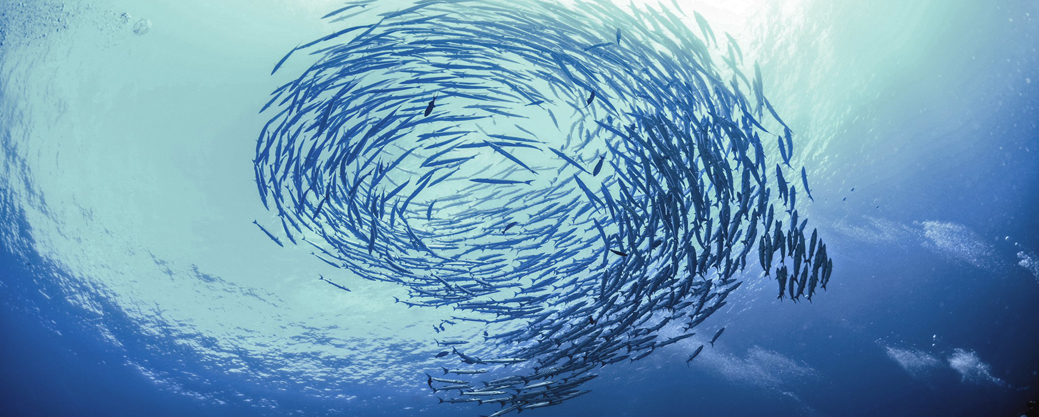A team of professionals
We are a non-profit association working towards the study and improvement of aquatic animal welfare. We bridge the gaps between science and the stakeholders in the aquaculture sector: producers, certifiers, retailers, NGOs, policy makers and consumers. The FishEthoGroup is based in Portugal and our research base is at Centre of Marine Sciences (CCMAR), who is the institutional host of our experimental research group.
Our goal is to study and improve the welfare of farmed fishes and other aquatic animals. We are a dedicated team of professionals fully focused on our objectives: applying ethological knowledge to develop the best practices in fish farming and fisheries. While doing so, we also consider it essential to establish a solid foundation for a culture that promotes gender equality, inclusivity, diversity, and a fulfilling work-life balance (see our Gender Equality Plan).
This is us.
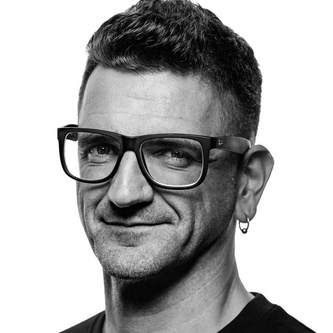
João L. Saraiva
João is a fish ethologist with a special interest in welfare. He is currently leading the Fish Ethology and Welfare Group at CCMAR and is the president of the FishEthoGroup Association. With a background on behaviour and communication in teleosts, João now focuses on the application of fundamental science to improve the welfare of farmed fishes. He is the author of many scientific papers and co-editor of a book on welfare of cultured and experimental fishes. Along with his research production, João is regularly invited to speak about fish welfare in international events related to science, policy or dissemination. He is an invited lecturer of Ethology at the University of Algarve. João is a member of the Fish Advisory Board of Alianima organization (Brazil) and Fish Welfare Initiative (United States).
He works also as a consultant for the European Commission and other private stakeholders and is part of the team responsible for the CAREFISH projects - establishment of fish welfare requirements in certification labels, both in fisheries and and fish farming.
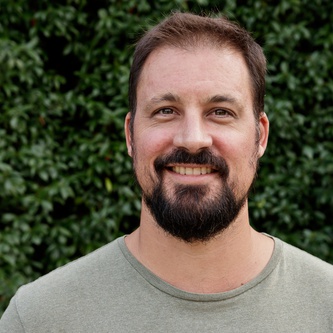
Pablo Arechavala-Lopez
Pablo is a multidisciplinary ichthyologist, specialised in fish behaviour, ecology, and welfare of farmed and wild marine fishes. He has studied the behaviour of farm-aggregated and escaped fishes and their possible effects on the marine environment with a view to improving the sustainability of aquaculture and fisheries.
Today, as part of FishEthoGroup and researcher at the Mediterranean Institute of Advanced Studies (IMEDEA-CSIC), he is focused on developing diverse strategies to ensure a more sustainable and responsible aquaculture activity by investigating and validating behavioural indicators of fish welfare, developing operational tools to monitor fish welfare at farms, assessing the effects of environmental enrichment on farmed fish species or rising welfare management plans at commercial and global scale, among others. Along with his scientific production, he also participates in fish welfare training, experimentation, and consultancy.
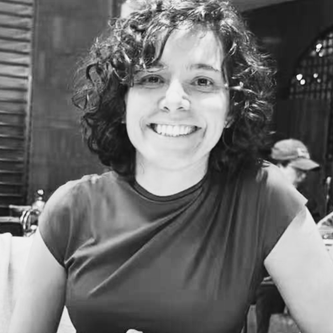
María J. Cabrera-Álvarez
María is a biologist with a specialty in fish behaviour and neuroscience. She did a MSc in Animal Behaviour and Neuroscience at Utrecht University (The Netherlands), a PhD in Fish Social Behaviour and Neuroscience at McGill University (Canada), and worked at a Comparative Cognition laboratory at University of Cambridge (UK).
María is interested in the underlying mechanisms of animal cognition and social behaviour and in how we can use this information to improve the life and welfare of farmed fishes. She joined the FishEthoGroup team and the Fish Ethology and Welfare Group at CCMAR in September 2020. She leads and coordinates behavioral and physiological research on farmed fish, while also mentoring and advising students. Maria provides training to farmers and students in fish welfare courses and collaborates in coordinating FishEthoGroup events.
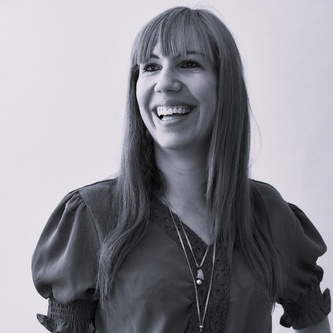
Caroline Marques Maia
Caroline is a biologist specialised in animal behaviour and welfare. She did a MSc and a PhD in Zoology at Unesp University (Brazil) by investigating fish behaviour and welfare. Part of her PhD was developed at Pennsylvania State University (USA). She also graduated as a Specialist in Scientific Journalism, a Specialist in Ethology, and holds a Post-Doctorate in Aquaculture.
In 2016, together with Gilson Volpato, Caroline proposed the Preference Index to evaluate fish preferences. Living in Brazil, she is interested in fish preference and motivation responses to access environmental resources and how to use this to improve the welfare of these animals.
Caroline joined the FishEthoGroup team in November 2020. She is the social media manager of the group, in addition to leading other scientific dissemination activities related to fish behaviour and welfare, such as blog posts and the podcast Fish Talk. She also leads and collaborates on scientific research
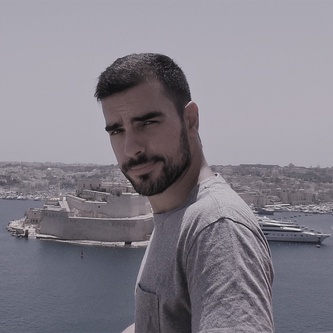
Fábio Manuel Barroso Sousa
Fábio is a marine biologist with a special interest in ethology and welfare. He did a Bachelors in Aquatic Sciences at the University of Porto and a MSc in Biology at the Faculty of Science and Engineering on the University of Groningen (The Netherlands). He worked as a Researcher on Parental Effects on the University of Groningen and in the aquaculture industry, being the Secretary-General of the Portuguese Association of Aquaculture Producers.
Today, as part of FishEthoGroup, he is responsible for the consultancy and training on matters retalated to Fish Welfare.
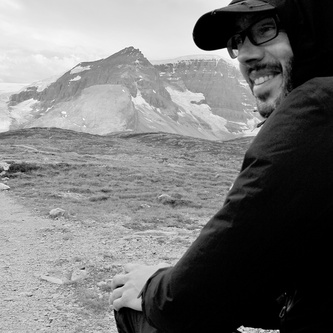
Sebastian Scholz
Sebastian is the web designer, programmer, and admin of the FishEthoGroup website.
He studied sociology, applied computer science, and European history in Chemnitz (Germany) and in Växjö (Sweden). As part of the team of the "Fahrradkino Chemnitz" (bicycle cinema), Sebastian tries to show people the value of electric power in an entertaining way. He is also a programmer/developer of driving simulators and a photographer. As a freelancer, he has been taking care of the fair-fish database and the websites of fair-fish since 2016.
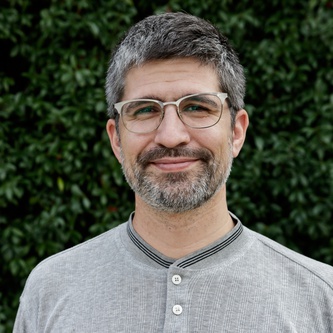
Carlos Lemos
Carlos is a certified accountant with an MSc in Taxation at IPCA (Portugal). He is the fiscal consultant for the FishEthoGroup and a specialist in international fiscal matters. He is a member of the International Fiscal Association and, besides his entrepreneurial career, provides consultancy work for various NGOs and artistic and cultural projects.
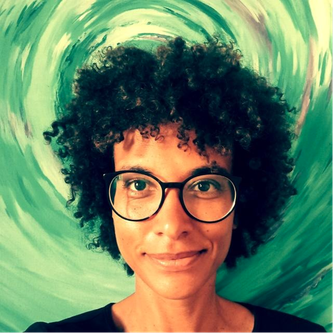
Cynthia Mogo Kazi
Born and raised in Ivory Coast, Cynthia lived in Chemnitz (Germany) where she has dedicated herself to social and cultural projects while studying English, Sociology, and Psychology.
After moving to Portugal in 2011, she has worked as an administrative assistant in the legal field, while continuing to volunteer for non-profit organisations internationally. Living in different countries raised her awareness of environmental issues, for which she has developed a deep interest.
Cynthia joined FishEthoGroup as an administrative officer in February 2021.
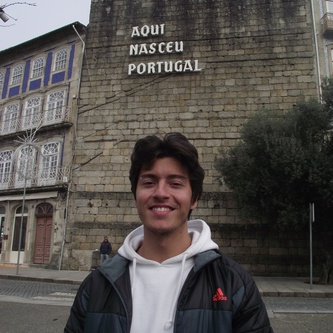
Gonçalo Duarte Carneiro Oliveira
Gonçalo holds both a bachelor’s and a master’s degree in marine biology, focusing his thesis on reproductive and parental behavior in the chameleon cichlid. He has acquired skills and experience in various tasks related to fish, including the assembly of experimental equipment, tanks, filters, and water circuits; tank cleaning and maintenance; growth, and reproduction; handling; behavioral observation; and outdoor electric fishing sessions. Additionally, he had the opportunity to participate in some research projects through research fellowships, which have allowed him to further consolidate his knowledge and enhance his experience with fish.
Currently, Gonçalo works in the Fish Ethology and Welfare Group as a biologist and aquaculture technician, contributing to the RichFish, InflamaFish, and PainFish research projects.
Students
Here are our students, currently performing their academic research at the FishEthogroup. Their current positions and the projects they are involved in are given below.
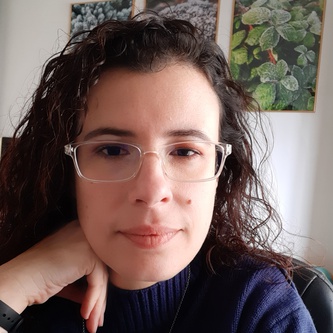
Ana Rita Oliveira
Ana Rita is a PhD student performing her dissertation under the the project RichFISH 2.0. She aims to assess and improve the welfare status of Gilthead seabream (Sparus aurata) reared under intensive conditions at the different phases of the whole aquaculture process, using a multidisciplinary approach.
She has a PhD grant from the Foundation for Science and Technology (FCT), from the Portuguese government.
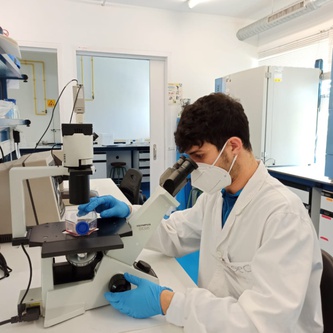
Jose Carlos Campos Sanchez
Jose Carlos is a post-doc researcher working in the project Inflamafish, which aims to study the neurological, endocrine and behavioural involvement of the inflammatory process in the gilthead seabream (Sparus aurata).
This project is funded by a Margarita Salas grant, from the Spanish government.
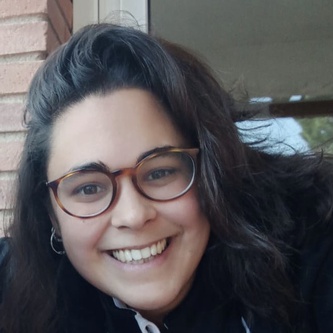
Esther Hoyo-Alvarez
Esther is a PhD student at IMEDEA (UIB-CSIC). She is working on a project about the effects of environmental enrichment on the welfare state of seabass (Dicentrarchus labrax).
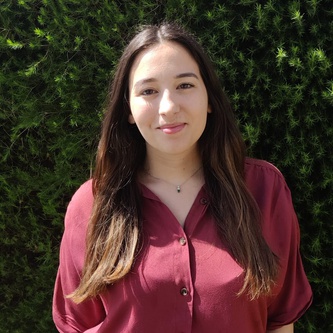
Sónia Marina António Soares
Sónia is a Master student working on a project about stunning and slaughtering effects on welfare of gilthead seabream (Sparus aurata). The aim of this study is to evaluate the effects of different stunning and killing methods to determine the most suitable combination for this species
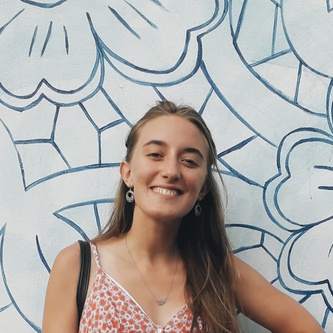
Inês Cacela Rodrigues
Inês is a Master student working on a project about colour communication in fish cleaning mutualisms. The aim is to assess if the client (Chaetodon auriga) express a colour preference for the cleaner (Labroides dimidiatus) and behavioral changes in the presence of cleaners, also investigating the relationship between colour and physiological parameters in clients.
Scientific Advisory Board
Three internationally renowned scientists, who are specialists on different areas related to fish welfare research, work as scientific advisors to FishEthoGroup since autumn 2019. Their brief profiles are given below.
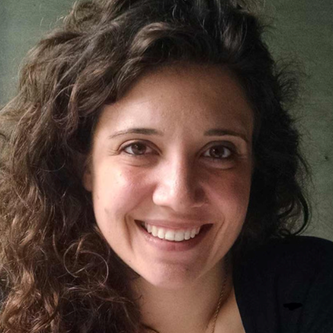
Becca Franks
Becca received her PhD in Psychology from Columbia University and completed a Killiam Postdoctoral Research Fellowship with the Animal Welfare Program at The University of British Columbia. She works as an Assistant Professor at New York University, investigating the welfare of fishes and other aquatic animals.
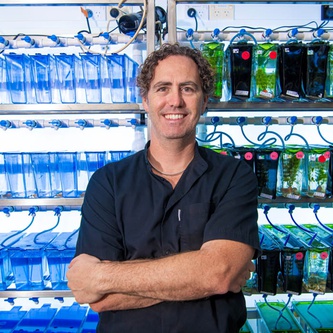
Culum Brown
Culum has a PhD from the University of Queensland and post docs from Cambridge University, which were basically focused on predator recognition and the social behaviour of fishes with a particular emphasis on social learning. He also did post docs at U Edinburgh and STRI (Smithsonian). Culum is a Professor at Macquarie University in Australia, conducting research on fish behavioural ecology, learning, and memory. He has been a Full Professor for about 5 years and has also an interest in promoting fish welfare. Culum is co-editor of the Journal of Fish Biology,
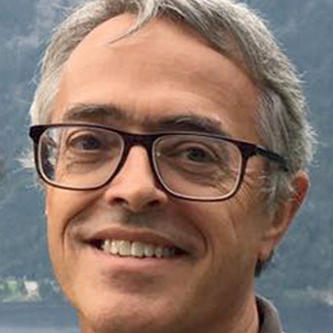
Lluis Tort
Lluis is a Professor of Physiology at the Universitat Autònoma in Barcelona. Lluis is a specialist in fish physiology and his current research interests are focused on the field of health and welfare of fishes, particularly related to fish stress and immune response. He is responsible for numerous international research projects.
Former Team Members
There are scientists and professionals who made an important work for the FishEthoGroup, but that are not members of the team anymore. Their brief profiles are given below.
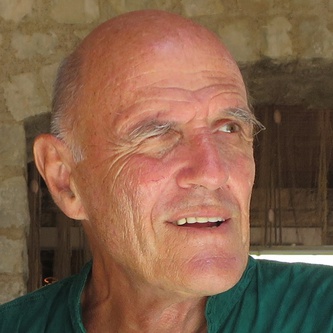
Billo Heinzpeter Studer
Work developed at FishEthoGroup:
Billo co-founded the FishEthoGroup and was the guarantor in its earlier years. He founded the FishEthoBase (now fair-fish database) and directed it between 2013-2020, a project with which the FishEthoGroup continues to collaborate. Billo was the founder and longtime president of the fair-fish international association.
Current position:
Billo is the founder of think.fish
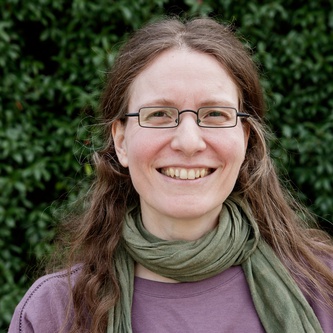
Jenny Volstorf
Work developed at FishEthoGroup:
Between 2020-2022 Jenny was the director as well as researcher, reviewer, and editor-in-chief of the FishEthoBase (now fair-fish database), a project with which the FishEthoGroup continues to collaborate.
Current position:
Jenny is part of directorate of fair-fish and continues as director of the fair-fish database.
Former Students
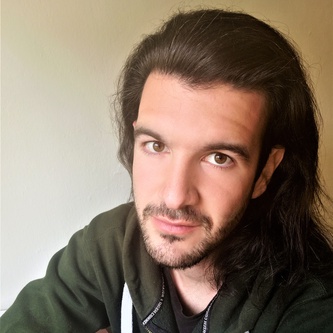
Adrián Villar Montalt
Adrián collaborated as a postgraduate researcher investigating the relationship between behavioural traits and preferences for environmental enrichments in the Nile tilapia (Oreochromis niloticus).
